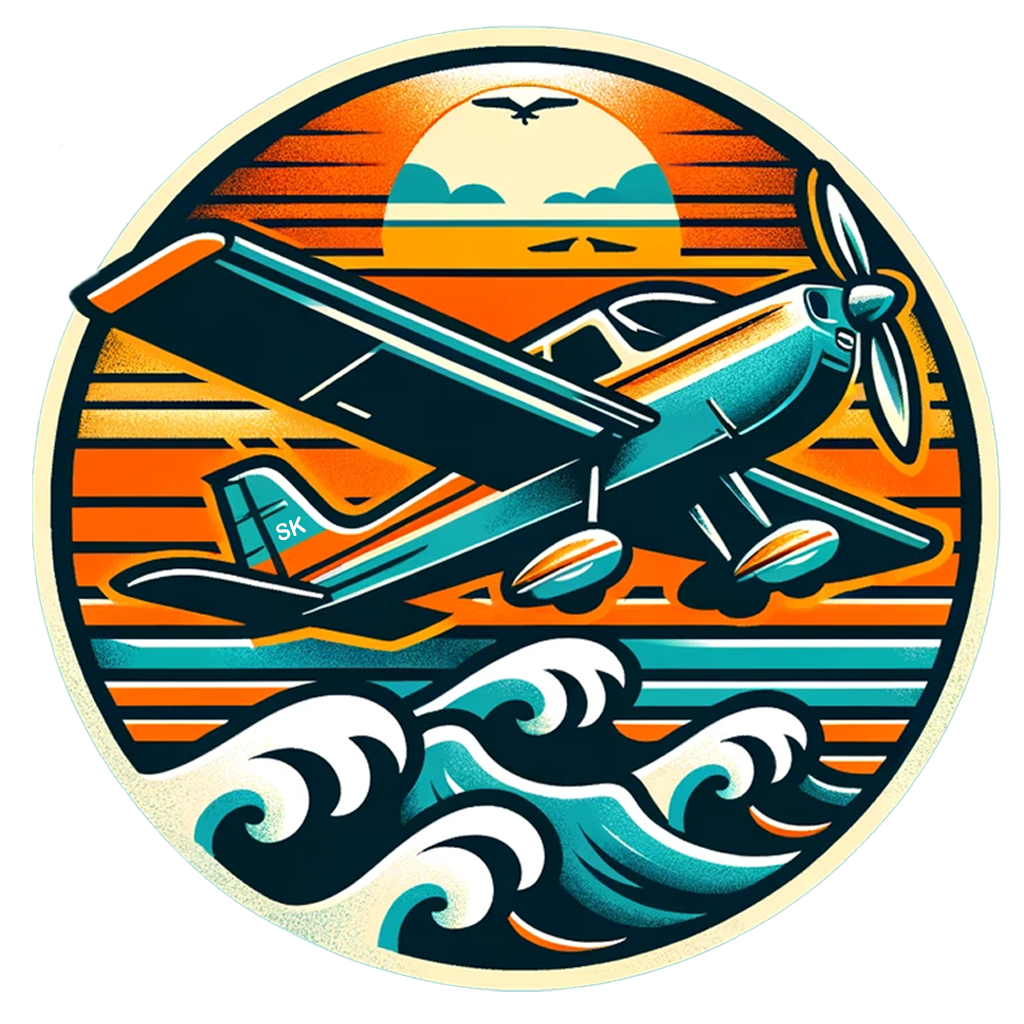
Commercial Pilot Training
Step by step
-
Why become a commercial pilot?
Becoming a commercial pilot is a highly rewarding and exciting journey. It grants you the ability to fly for compensation, opening doors to various career paths such as aerial tours, banner towing, agricultural flying, or charter operations. You can still share the joy of flight with friends and family while earning a living through your passion. From the initiation of your advanced training to the achievement of your commercial pilot certificate, you'll be fully engaged in a path of growth, exploration, and professional success.
-
Eligibility
The following requirements for a Commercial Pilot Certificate must be met:
Must be at least able to read, write, and understand English.
Must be at least 18 years od
Must hold at least a valid Private Pilot Certificate
-
Requirements
14 CFR Part 61 outlines the hour requirements to become a commercial pilot, which are as follows:
40 Hours Total Time in an Airplane
20 Hours Dual (Flights with an authorized instructor)
10 Hours Solo
5 Hours Solo Cross Country
One Cross Country to an airport at least 50NM away
One Cross Country to three different airports, totaling at least 150NM
3 Hours Night Time
3 Hours Instrument Time
Although the FAA lists these minimum requirements, many Private Pilot students require more hours to compete their training. The length of training is dependent on a number of factors, such as:
Individual Progression: Each student progresses at their own rate, some require more practice and time with certain items. Flying more frequently can help students gain proficiency and reduce the total hours needed during flight training.
Financial Considerations: A higher frequency of lessons and consistent practice can lead to faster progress, however it requires a stronger financial commitment.
Study and Preparation: Diligent study of aviation subjects can enhance understanding and reduce the need for repeated lessons. Preparing for lessons ahead of time and “chair-flying” can also be a cost-effective way to practice procedures and reduce actual flight time needed.
Weather and Aircraft Availability: Poor weather can delay training and make it more difficult to fly frequently.
Personal Schedule: Students with flexible schedules may find it easier to complete training quickly, while those with a limited schedule may find it more difficult to dedicate time.
Ultimately, the journey to becoming a private pilot is highly personalized. Your progress, financial situation, and dedication to studying and practicing will all play critical roles in determining the final cost and duration of your training. Plan wisely, fly often, and enjoy the rewarding experience of learning to fly!
Students are also required to study for and complete an FAA Knowledge Exam for their Private Pilot certificate. This process requires an endorsement from an instructor, as well as a scheduled appointment time at an approved testing center.
-
Aircraft and Cost
SK Flight Instruction is based out of Schilling Aviation Services in Salina, KS. We use two of their aircraft, rented directly out to the students, for flight training. Both aircraft are great for training and provide great learning environments. The aircraft rates are fixed to include fuel and insurance.
Basic Cost Breakdown
Aircraft
$165/hour (1978 Piper Archer)
$160/hour (1972 Cessna Skyhawk)
Instruction Rate
$50/hour
Cost Estimates
Minimum Training (40 Hours)
Aircraft Rental Cost: 40 hours x $165/hour = $6,600
Instruction Cost: 40 hours x $50/hour = $2,000
Additional Fees (Check-ride, knowledge exam, medical exam, study materials): $1000
Total Estimated Cost: $9,600
Average Training (60 Hours)
Aircraft Rental Cost: 60 hours x $165/hour = $9,900
Instruction Cost: 60 hours x $50/hour = $3,000
Additional Fees (Check-ride, knowledge exam, medical exam, study materials): $1000
Total Estimated Cost: $13,900
Extended Training (80 Hours)
Aircraft Rental Cost: 80 hours x $165/hour = $13,200
Instruction Cost: 80 hours x $50/hour = $4,000
Additional Fees (Check-ride, knowledge exam, medical exam, study materials): $1000
Total Estimated Cost: $18,200
